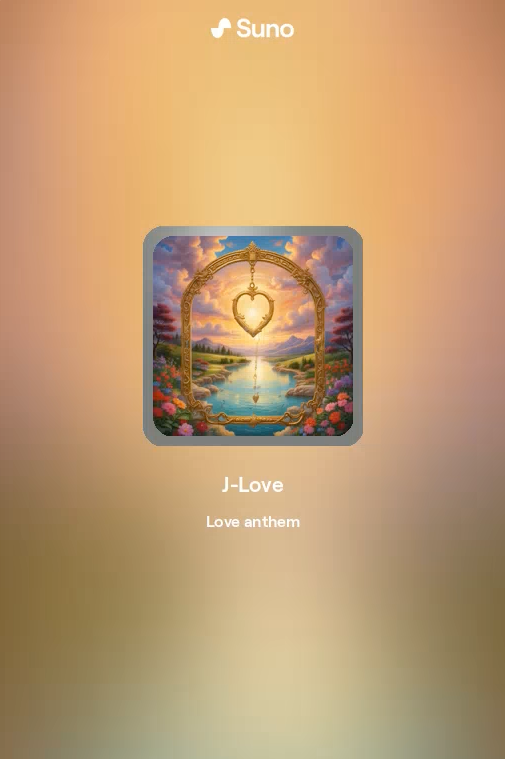Prompt to Meta AI: Imagine a pretty Indian girl about 30 with average height and medium build wearing a denim jacket and blue jeans, who is smiling lovingly
Generative AI is here to stay. Whether it is a simple query of "write a letter to my boss requesting leave for 3 days; keep it formal, but relaxed and warm" or a more complex query to complete a project report, life in 2024 would not exist the same without generative AI tools.
A little over a year ago, when I first came across https://theresanaiforthat.com, they had about 5,000 AI tools catalogued. Today, they have over 14,000. And that's just a growth in numbers...
In quality, we've all seen how Chat GPT (to pick one of the most common examples) has grown from v3.5 to v4.0 to v4o. Expanded in terms of capabilities, sharpened in terms of accuracy, and even become more efficient in terms of power consumption.
Claude AI, for example, did not even exist when Chat GPT too;k the world by storm in December 2022. But today, it seems to be far more capable than Chat GPT in many professional tasks.
Image generation at the basic consumer-level began with Dall-E, moved into Copilot, and now Meta AI is slathered everywhere from WhatsApp to Instagram to Facebook Messenger. While new and different tools continue to be built; fal.ai is the latest entrant in a flurry of tools trying to generate images in a better, different manner.

Image generated by fal.ai based on a prompt fed to it from Chat GPT 4o, which was prompted to "Describe this image in detail to feed as a prompt for AI to recreate it"
Every major company seems to have their fingers in this generative AI 'pie': Microsoft, Meta (Facebook/Instagram/WhatsApp), Apple, Google, nVidia... why, even DuckDuckGo (a search engine) is trying an AI summary of its search results to answer your search query, to save you the trouble of clicking through links (it's terrible, though).
So, generative AI is here. There is no doubt of that.
What then, is the role of human beings, in this generative AI-present world? Do we stop generating content? Or do we all generate random content from AI tools? Or do we panic and worry that the most prolific users of generative AI will lose themselves and become some sort of a virtual cyborg, with some of their identity lost in the prompts that they feed into generative AI tools?
I have spent enough time on the internet to read all sorts of stories - of wins and of losses, when it comes to generative AI tools. An internet user used it to create a bot that will respond like their deceased father - to keep the memory of their father alive conversationally. Another used it as a full-fledged therapist, sharing every single detail of their life with a chatbot, and emotionally bonding with the chatbot. There are also stories of decision-makers - professors, hiring managers, etc. - who use generative AI tools indiscriminately, leading to some funny (yet startling) results once others get wind of it: papers being graded at 100%, people without any qualifications for the job getting shortlisted for interviews, and so on.

J-Love: A poem, written by me, and fed into suno.ai to generate a melody - with vocals, instruments, etc. Link to YouTube video
Personally, as a lover of most things 'tech', I've tried to use all sorts of AI tools as and when they became available. Years ago, there was an AI chatbot called Replika that attempted to do - on a much smaller scale - what Chat GPT ended up doing. I tried it; found it lacking depth; I moved on.
However... Today, in August 2024, I am realising that I'm spending anywhere from 1-4 hours with generative AI tools almost every day. I use it when I can for personal queries ("I'm making fish curry pasta for a lunch I'm hosting; please suggest ten options for welcome drinks, appetizers, and desserts that will go with the fish curry pasta"), but I've found that I rely on it heavily for work.
I like offloading 'legwork' - the equivalent of me browsing through 10-20 articles, and putting together a summary of findings, and then strategising/planning projects, events, trainings, discussions based on that. I'm also depending on it to build tools and trackers in ways I wouldn't have been able to otherwise, as I simply do not have the luxury of time to learn the new skills required to build said trackers and tools.
I do not understand the fear (and accusation or even mockery) I see in the people around me when they talk about my use of generative AI tools. I've written 708 words so far in this blog post, but every single one of them has been typed out by myself on my keyboard.
The problem, then, is not in our use of generative AI tools, but in us knowing how to segregate what to offload to generative AI, and what to do ourselves. I really truly wish generative AI could come out of my computer and take care of the cooking, cleaning, laundry work at home... but until then, I guess I'll settle for offloading the tedious, the boring, the mundane, the time-consuming bits of my work and personal life, that does not affect the output of the relationships Jesus has graciously placed in my life, nor hinder the thoughts generated by the naturally intelligent brain that Jesus has given me.
